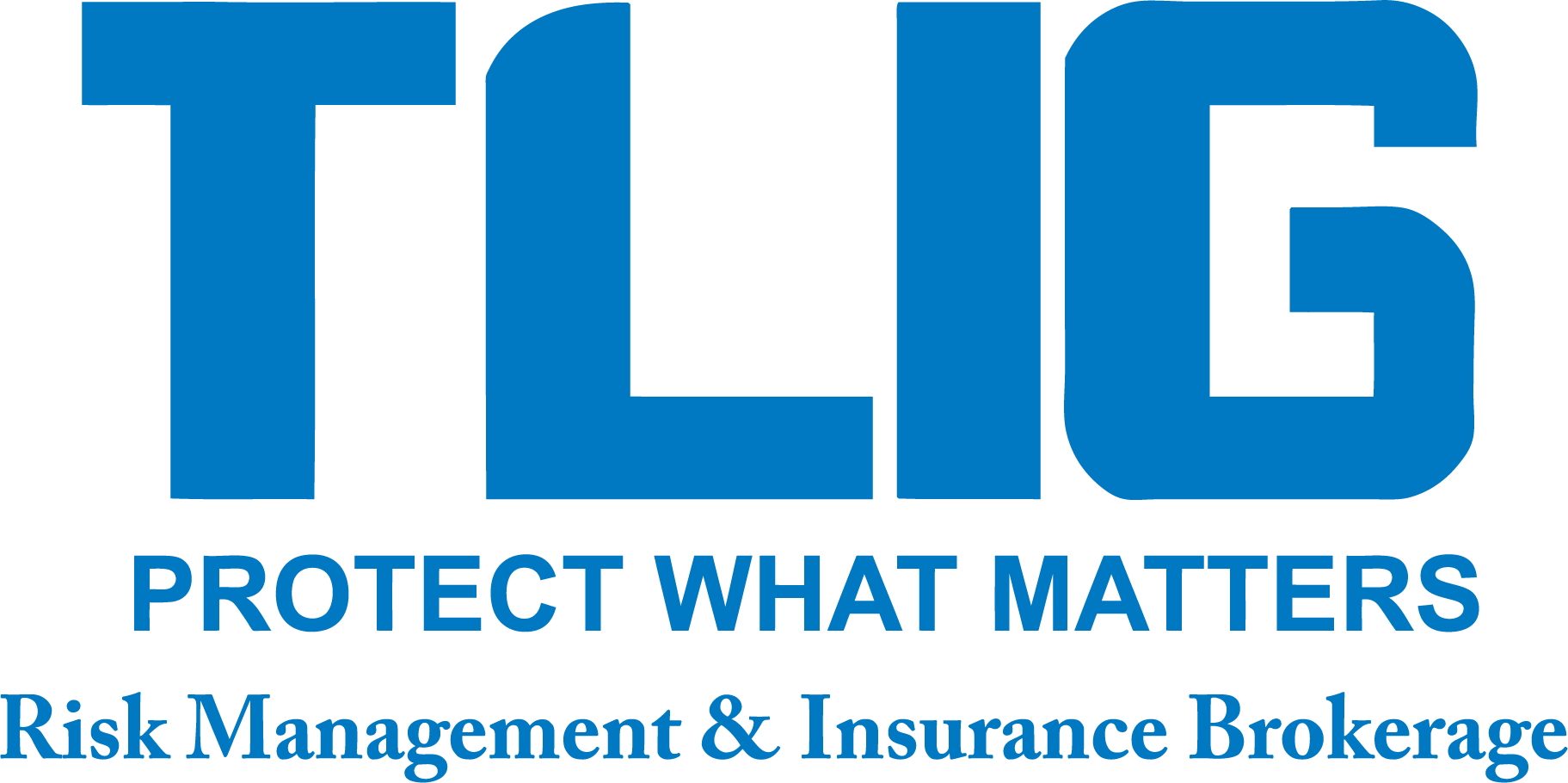Some may view them as science fiction gone wild. Others
see them as indispensable, possibly life-saving tools. Regardless of your
feelings about Global Positioning Systems (GPS), they continue to occupy the
dashboards of millions of U.S. vehicles each year. The pervasiveness and
expense of the technology has drivers asking if their GPS systems are covered
by auto insurance.
Personal Auto Insurance
Whether its finding alternative routes to beat traffic or
an Italian restaurant for the family, drivers rely on their GPS to get them
places without the stress of winding up who knows where with an empty tank, no
cellular service and shrieking children.
If you depend on your GPS to maintain safety and sanity
in your personal vehicle, you should call your insurance agent and request that
your auto insurance policy be endorsed to cover the system; failure to make
this request will likely result in no coverage for the system after a loss.
This is because most personal auto policies strictly limit or totally exclude
coverage for GPS and other electronic devices in your car that are not used to
operate the vehicle. Some policies will offer limited coverage for GPS devices
that are built into the vehicle by the manufacturer or even some portable
systems; however this is not the case for all policies and those that do
include coverage are limited.
Business Auto Insurance
Any business person who has ever gotten lost finding a
jobsite or received lousy directions to a meeting can attest to the value of a
GPS system. Many businesses invest thousands into such systems for the mobile
among their ranks—an investment that could be lost if the system is damaged in
a crash or stolen.
Similar to personal auto insurance policies, covering a
GPS device under a business auto insurance policy likely requires a call to
your insurance agent. Your agent should be able to endorse your policy to
include coverage for the GPS system. This endorsement is necessary for most
business auto policies—those that do extend coverage to the GPS system will do
so only in a limited capacity; still leaving you with a bill for the damage.
Moral of the Story: Call Your Agent
Regardless of the level of dependence you invest, losing
the ability to use your vehicle’s GPS system because it is damaged in an
accident or stolen is frustrating and expensive. Calling your insurance agent will
help you discover how much coverage your current auto policy will offer towards
replacing the damaged system.
TLIG is a local Trusted Choice®
agency that represents multiple insurance companies, so it offers you a variety
of personal and business coverage choices and can customize an insurance plan
to meet your specialized needs.
Visit us online at www.tligins.com
or call us at (434) 582-1444.

